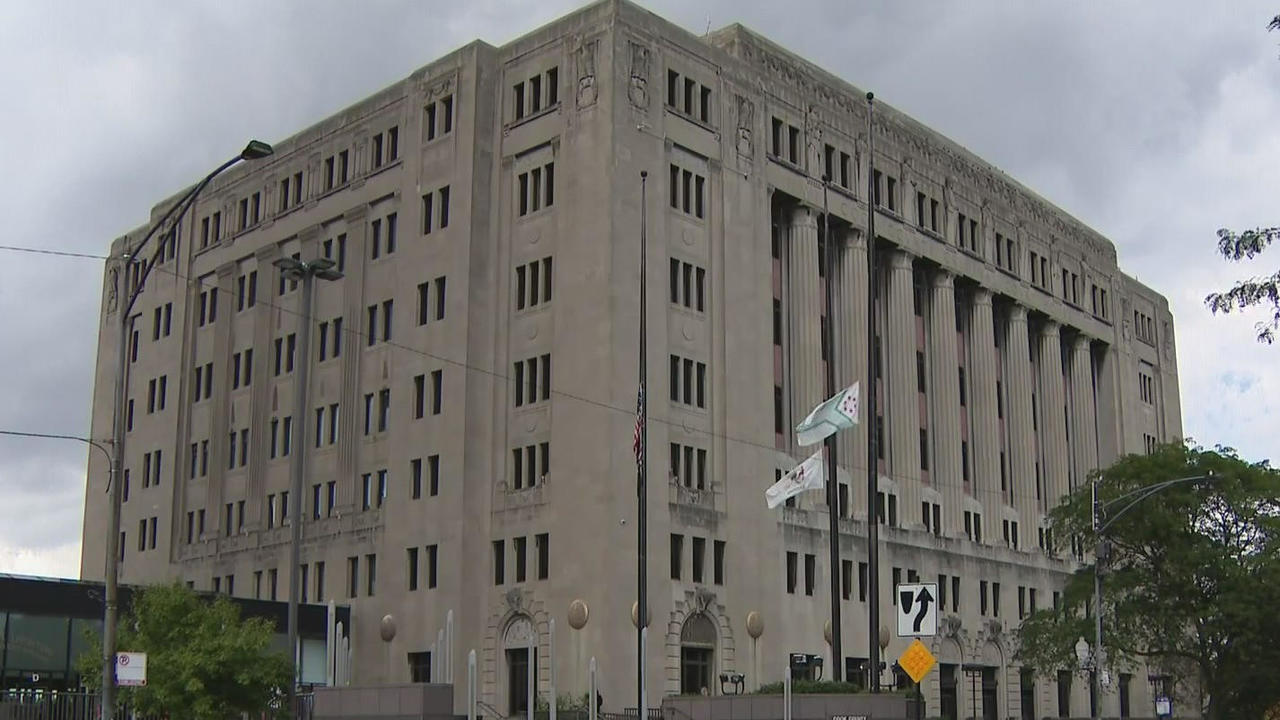By Jessica Washington
Criminal justice advocates in Illinois are celebrating a major victory this week. On Monday, Illinois became the first state to fully abolish the cash bail system, meaning defendants will no longer be held in jail because they can’t pay.
The provision of the SAFE-T Act abolishing cash bail went into effect on Monday, revolutionizing the bail process state-wide. But what exactly does it mean to abolish cash bail? The Root has you covered with everything you need to know about the changes.
What Is Cash Bail?
Cash bail is the money a defendant is required to pay as a deposit for their release from jail. It’s worth noting that bail is paid prior to a trial, meaning the defendant has not been found guilty of a crime.
Critics argue that cash bail punishes people who can’t afford to pay for their release. While people with means are able to pay for their release, creating a two-tiered justice system for the rich and poor. Roughly 90 percent of people who are incarcerated pre-trial are in jail because they can’t afford bail, according to Human Impact Partners.
Defendants and their families who can’t afford bail can get a loan from commercial bail companies in exchange for a premium fee. However, these fees can be astronomical (i.e., a $13,000 fee for financing a $1,000 bond) and can drive already low-income families further into poverty.
Is Cash Bail A Racial Justice Issue?
Many critics of cash bail also point to the rampant racial disparities within the bail system. People of color are more likely to be assigned cash bail than white defendants. And Black men, on average, are charged significantly higher bail amounts than their white counterparts.
What Happens Now?
Defendants will no longer have to pay for their release, and people who are already being held on cash bail can now put in a request for their release.
To be clear, the end of cash bail in Illinois doesn’t mean every defendant will be released while awaiting trial. Judges will still have discretion to detain a defendant if they believe they pose a flight risk or a risk to public safety. (This is also fraught since advocates argue that race is often used as a proxy for “dangerousness.”)

